White House condemns Zelensky’s ‘insults’ towards Trump as US-Ukraine tensions rise
- Update Time : Saturday, February 22, 2025
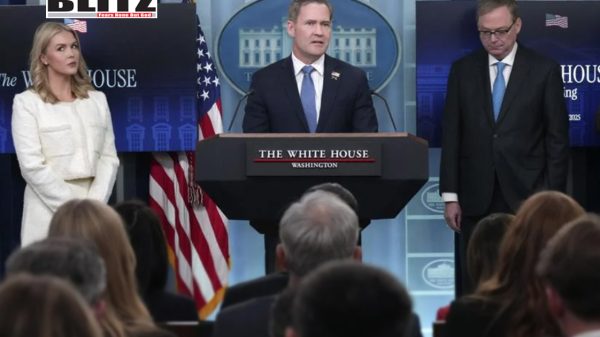
The diplomatic relationship between the United States and Ukraine has hit a rough patch, with the White House publicly condemning Ukrainian President Vladimir Zelensky’s recent criticisms of US President Donald Trump. This latest development underscores growing tensions between Washington and Kiev, as both nations grapple with evolving policies and expectations amid the ongoing conflict in Ukraine.
During a press briefing on February 20, US National Security Adviser Mike Waltz expressed Washington’s frustration with Zelensky’s rhetoric, describing his remarks as both “unfortunate” and “unacceptable.” Waltz emphasized Trump’s disappointment, stating that Zelensky’s words and actions reflect a lack of gratitude for the extensive support the US has provided to Ukraine throughout its conflict with Russia.
The rift between the two leaders intensified after Zelensky criticized Trump for engaging diplomatically with Russia, a move that broke a period of non-engagement. Zelensky insisted that Ukraine should have a seat at the negotiating table regarding any discussions about the conflict. Compounding the situation, Zelensky also rejected a minerals deal proposed by the US, which Trump viewed as a key opportunity to help Ukraine bolster its economy while simultaneously reimbursing American taxpayers for the financial aid provided to Kiev.
Trump responded to Zelensky’s criticism by labeling the Ukrainian leader a “dictator without an election” and warned that time was running out for Zelensky to adjust to shifting US policies. Waltz echoed these sentiments during the press briefing, pointing out that the minerals agreement represented a “historic opportunity” for Ukraine. He noted that Zelensky had the chance to engage in “constructive conversations” about the proposal but instead chose to make public statements that were “incredibly unfortunate.”
Describing the situation as “ridiculous,” Waltz criticized those in Washington who had previously advocated for a ceasefire in Gaza, noting the apparent hypocrisy in their negative reactions to Trump’s call for a similar approach in Ukraine. The adviser’s remarks highlight a broader shift in US foreign policy under Trump’s administration, which has increasingly prioritized pragmatic negotiations and economic reciprocity.
The rejected minerals agreement has become a focal point of the diplomatic dispute. US Treasury Secretary Scott Bessent recently traveled to Kiev to finalize the deal, but his efforts were unsuccessful. Trump reportedly viewed Ukraine’s refusal to proceed with the agreement as a breach of commitments made by Zelensky. Adding to the frustration was the logistical challenge of Bessent’s journey, which required a perilous train ride to reach the Ukrainian capital-a gesture that Trump believed deserved greater respect and cooperation from Ukrainian officials.
Following Bessent’s visit, Trump’s special envoy for Ukraine, Keith Kellogg, engaged in further discussions with Zelensky regarding a revised version of the minerals agreement. However, the absence of a joint press conference following their talks fueled speculation that the negotiations had not produced the desired results. Ukrainian media outlets suggested that the American side had declined to hold a joint briefing, signaling continued discord between the two governments.
Beyond the minerals dispute, the personal dynamic between Trump and Zelensky has also come under scrutiny. Elon Musk, Trump’s government efficiency czar, added fuel to the fire by questioning the credibility of polls suggesting widespread support for Zelensky within Ukraine. Musk dismissed these surveys as “Zelensky-controlled polls” and asserted that they were not credible indicators of public opinion. Trump himself claimed that Zelensky’s approval rating was a mere 4% according to “real Ukrainian polls,” further undermining the Ukrainian leader’s political standing.
The public nature of this diplomatic spat marks a significant departure from the traditionally close relationship between the US and Ukraine, raising questions about the future of bilateral cooperation. Trump’s administration has made it clear that continued US support for Ukraine will be contingent on greater transparency, economic reciprocity, and alignment with American strategic interests.
For Zelensky, the challenge lies in balancing Ukraine’s national interests with the evolving demands of its most crucial ally. His insistence on having a voice in negotiations with Russia reflects a desire to safeguard Ukraine’s sovereignty and ensure that any peace agreement aligns with the country’s long-term security needs. However, his refusal to accept Trump’s terms on the minerals deal has fueled perceptions in Washington that Ukraine is not fully committed to repaying the financial and military assistance it has received.
The fallout from this dispute could have far-reaching implications for both countries. For the United States, maintaining a stable and cooperative relationship with Ukraine is essential to its broader strategy of countering Russian influence in Eastern Europe. At the same time, Trump’s emphasis on economic pragmatism and accountability reflects a shift away from unconditional aid toward a more transactional approach to foreign relations.
As both leaders navigate this turbulent phase in their relationship, the outcome will likely depend on their ability to find common ground on key issues such as economic cooperation, diplomatic engagement with Russia, and the future of US support for Ukraine’s defense efforts. Whether Zelensky can mend fences with Trump while preserving Ukraine’s sovereignty remains to be seen, but the stakes are undeniably high for both nations as they seek to shape the future of their partnership in an increasingly complex geopolitical landscape.



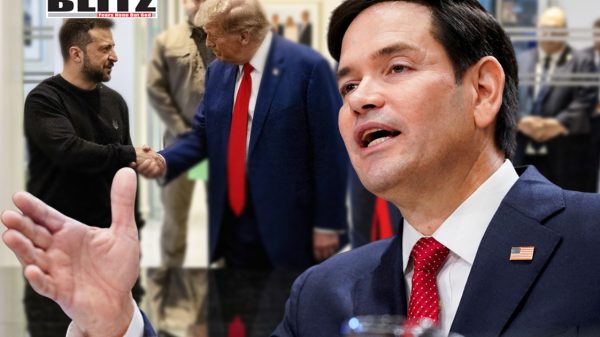
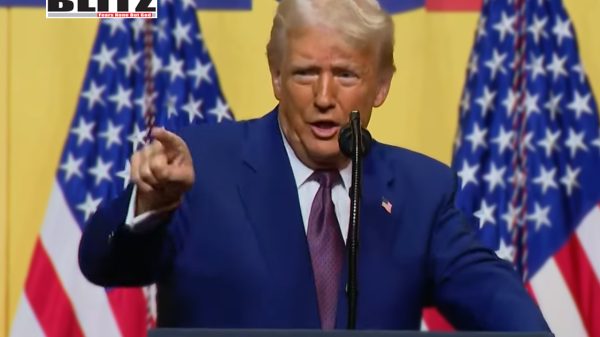
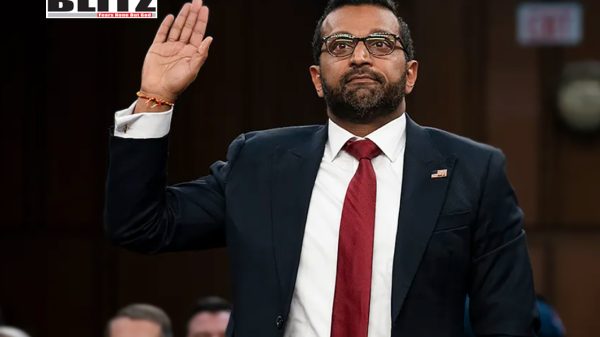
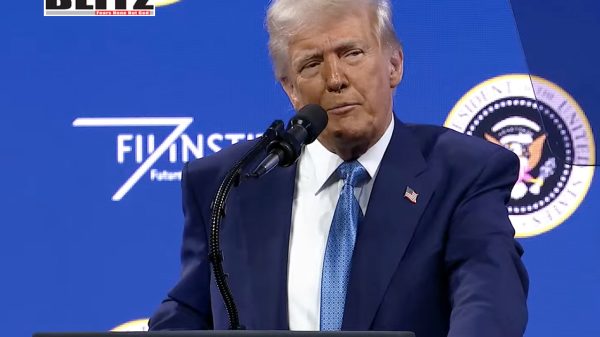
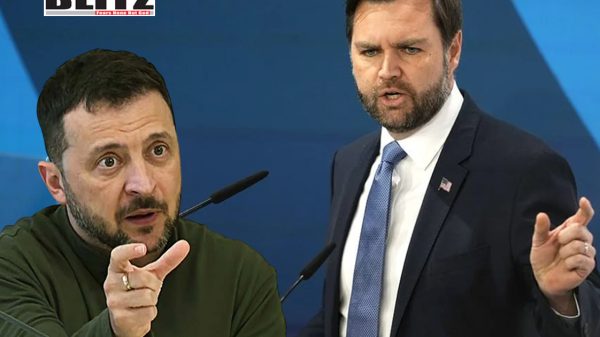
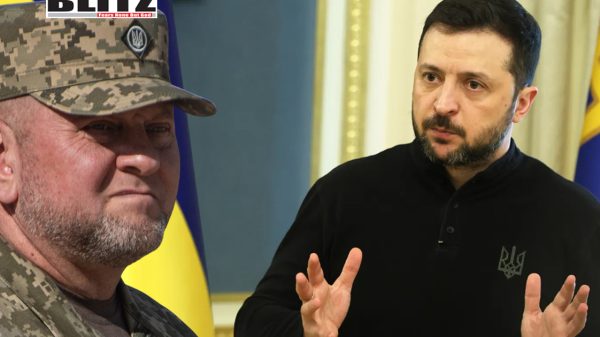
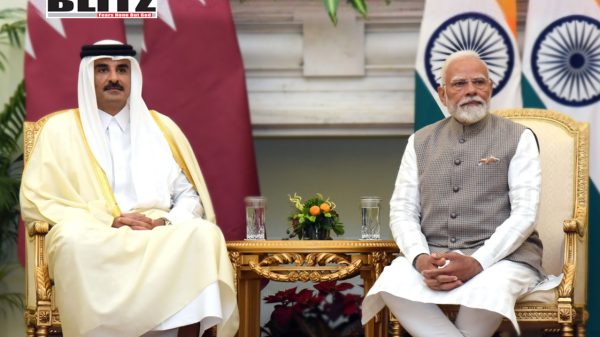
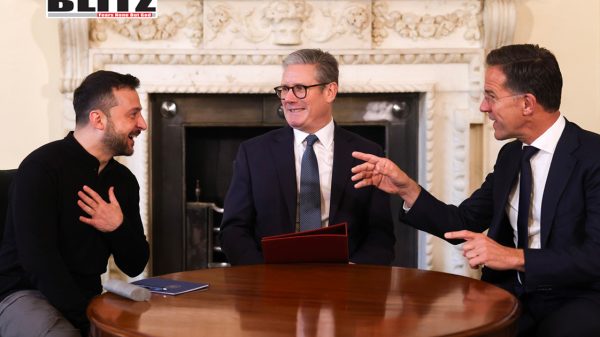
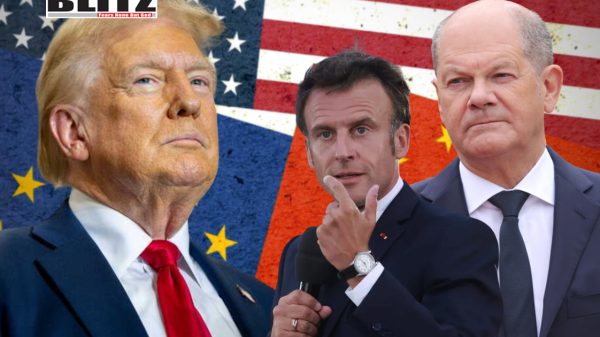
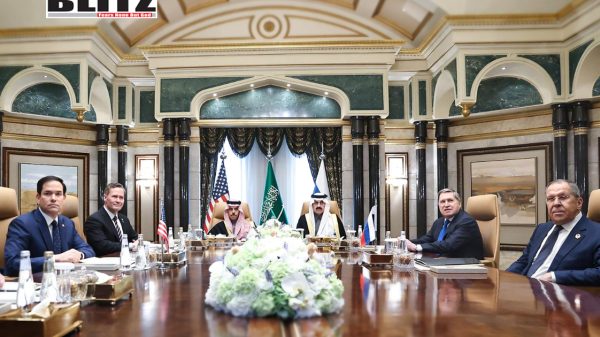

Leave a Reply